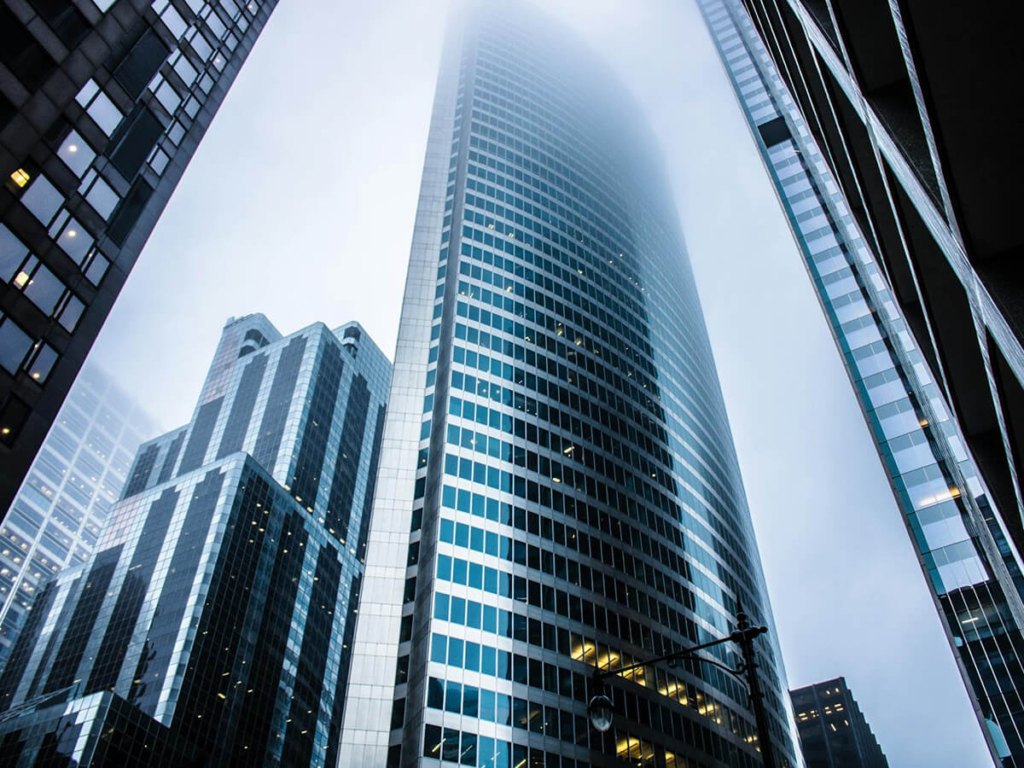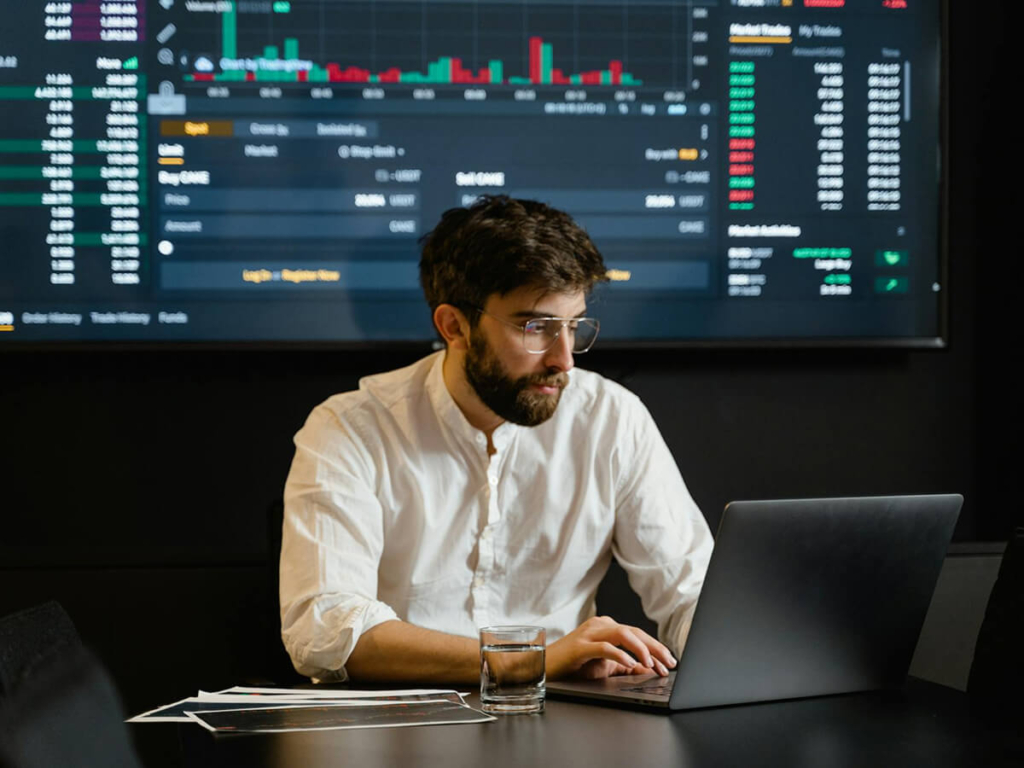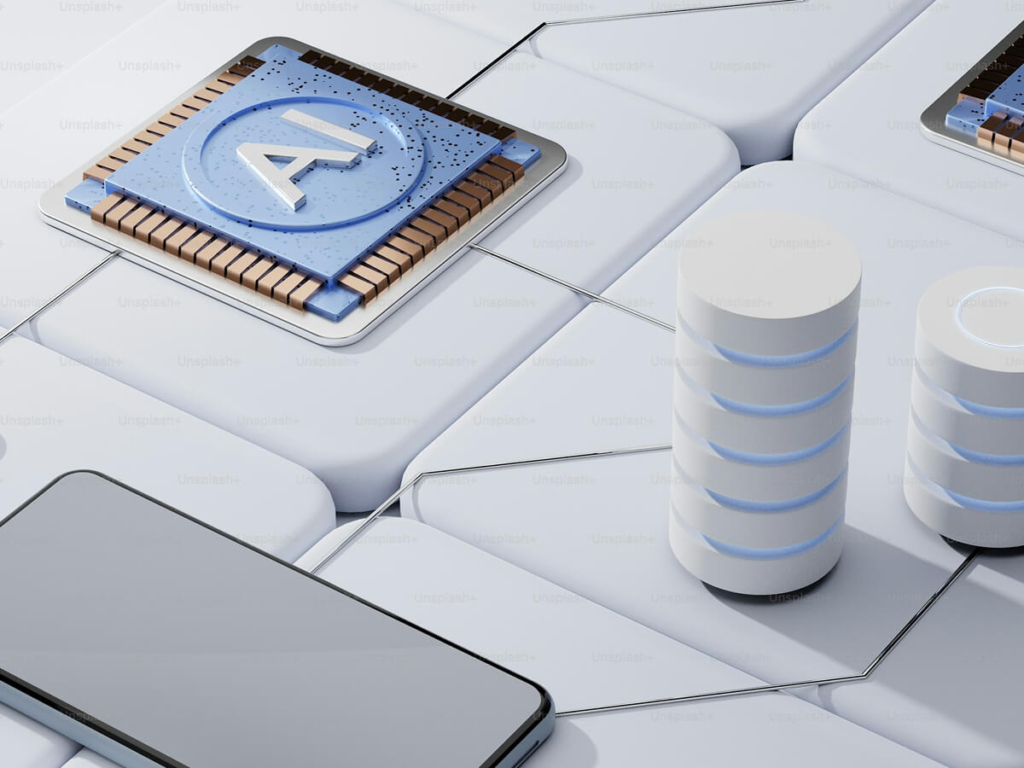
Navigating Bank Mergers & Acquisitions: Turning Uncertainty into Engagement
How financial institutions use engagement technology to maintain trust through M&A integration.

Growth Starts with Loyalty and Building the Right AI Foundation
Discover how banks and financial institutions in 2026 can strengthen customer loyalty by investing in the right AI foundation that lasts.

The Budget Reality Behind AI: Why 2026 Is the Time to Reset
As banking leaders head into 2026 budget planning, the difference between AI pilots that stall and programs that scale comes down to vendor choice. Here’s what to demand, what to avoid, and how to budget with confidence.

What’s New in Engageware: November 2025
Engageware’s November 2025 release brings sharper scheduling, smarter communication, and real-time oversight across branches and digital interactions.

From Chaos to Compliance Readiness. How Knowledge Governance Turns AI into Scale
Most AI pilots in financial services stall. Learn how knowledge governance turns chaos into compliance readiness and pilots into scalable, measurable impact.

How to Accelerate AI Adoption in Your Bank Branch or Credit Union
How banks and credit unions can accelerate AI adoption with trust, compliance, and small wins that turn pilots into everyday practice.

Where AI Impact Lags in Financial Services and How to Fix It
Most AI programs in financial services fail to show ROI. Learn how governance, literacy, and purpose-built solutions turn AI investments into measurable impact.

Customer Engagement: How to Build Long-Term Loyalty Through Smarter Service
Explore how customer engagement strategies improve retention, loyalty, and brand trust. Learn how to engage existing customers with the right tools and tactics.

Knowledge Management Software: Features, Benefits & Top Use Cases
Discover how knowledge management software supports customer service, employee efficiency, and content organization. Explore Engageware's KM platform today.

5 Proven Ways SMS Reminders Reduce No-Shows in Financial Services
Reduce no-shows by up to 80 percent and increase confirmed appointments with these proven SMS reminder tactics tailored for financial institutions.

AI Knowledge Management: How AI Delivers Smarter, Faster Access to Information at Scale
Explore how AI-powered knowledge management uses NLP, ML, and generative AI to deliver smarter search, discovery, and customer service.

Omnichannel Customer Engagement Platforms: Creating Seamless Experiences at Every Touchpoint
Discover how omnichannel customer engagement platforms connect all channels for seamless service, higher loyalty, and real-time personalization.
